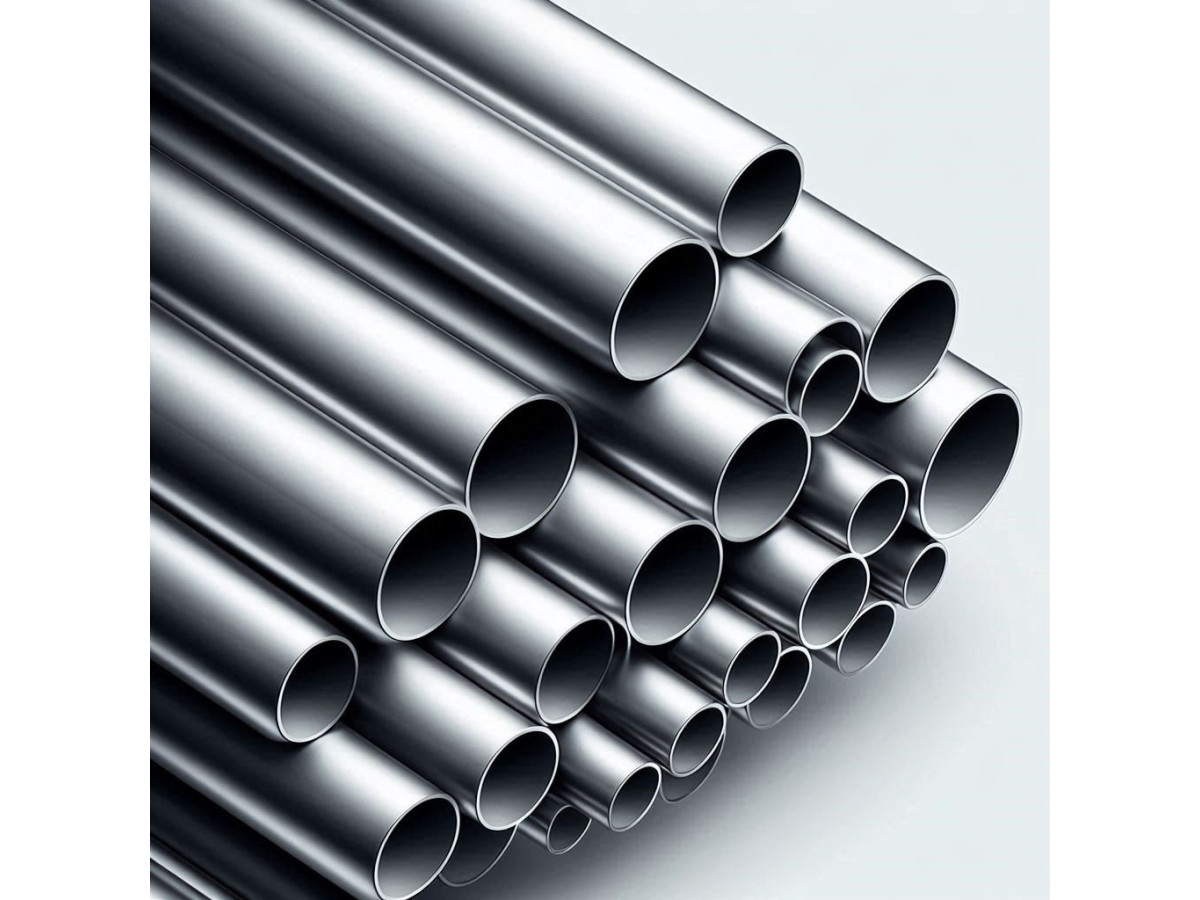Galvanized pipe is an indispensable element in modern construction. Its high corrosion resistance ensures the durability of structures, even when used in aggressive environments. Thanks to their precise geometric parameters and strength, galvanized pipes are ideal for creating reliable and durable engineering systems.
Areas of operation
Do you want your structures to last for many years? Choose galvanized pipe! Its unique properties will make your projects reliable and durable. It is used in the following areas:
- Water supply and sanitation. Reliable and durable pipe rolling ensures uninterrupted water supply in your home or business. Thanks to it, you can forget about problems with corrosion and frequent replacements.
- Construction. Galvanized products are the best choice for creating frames, fences and other structures. Strong and durable pipes will withstand any load and operating conditions.
- Gas supply. Safe and reliable gas transportation is possible with such pipes. Resistance to aggressive environments and mechanical damage guarantees a long service life of gas pipelines.
- Industry. In this area, galvanized pipes are used to create pipelines and structures where reliability and rust resistance are important.
- Agriculture. Such pipes are an excellent choice for creating irrigation systems, greenhouses and other agricultural structures. Reliability and durability guarantee high farm efficiency.
Pipes with a protective coating are used to create air ducts, providing effective ventilation of rooms. They are also used to create risers and other elements of the sewer system. Often they are used to create various fastening elements, for example, corners, profiles, racks.
Types of rental
Galvanized pipes are classified according to several parameters that determine their properties and scope of application:
- Production method: hot-dip galvanized (immersion in molten zinc), cold galvanized (electrochemical deposition of zinc), zinc-containing (alloying steel with zinc).
- Cross-sectional shape: round, profile (square, rectangular).
- Connection method: welded (electric welded, spiral seam), seamless.
- Wall thickness: light, standard, reinforced.
The choice of pipe type depends on the project requirements, operating conditions and the required characteristics of strength, corrosion resistance and tightness. Hot-dip galvanized pipes are considered the most reliable and durable, but also more expensive. Cold-galvanized pipes are more economical, but have a thinner zinc coating. Zinc-containing pipes have high corrosion resistance due to the uniform distribution of zinc throughout the steel volume.
Seamless products, as a rule, have greater strength and uniformity of the material structure, especially in the seam area. Electric-welded pipes may have less strength at the welding site, although modern technologies can significantly increase their strength characteristics. Seamless pipes are more airtight, which is important for high-pressure gas pipelines. Electric welded models can also be sealed, but when choosing, you should pay attention to the quality of the weld. The cost of electric welded structures is usually lower than seamless ones, but this does not always mean that it is less profitable in the long term. It is important where the rolled metal is ordered.
Advantages of galvanized pipes
Made from durable steel and coated with a protective layer of zinc, they are ready to withstand any test. Pipes are available in different types - seamless for maximum strength, welded for savings and profiled for special design solutions. Their advantages include:
- High corrosion resistance. Thanks to the zinc coating, the pipes are rust-resistant and durable.
- Strength and rigidity. Capable of withstanding significant mechanical loads.
- Ease of processing. Well suited to welding, cutting and bending.
- Tightness. Provide reliable connection of pipeline elements.
- Durability. The service life of galvanized pipes can reach several decades.
Due to their properties, such pipes ensure durability and reliability of water supply, heating and other utilities systems. High corrosion resistance reduces the cost of repair and replacement of pipelines. They are easy to use and allow you to quickly and efficiently perform installation work. At the same time, the pipes are safe for the environment and human health.

